Table of Contents[Hide][Show]
ERP, or enterprise resource planning, is a term that you may have heard before but may not fully understand. This blog post will explain what ERP is and how it can benefit your business.
We’ll also provide some examples of well-known ERP systems.
So if you’re curious about ERP and want to learn more, keep reading!
What is ERP?
ERP, or enterprise resource planning, is a software solution that helps businesses manage and automate their operations. ERP systems typically include modules for accounting, inventory management, customer relationship management (CRM), and human resources (HR).
Some ERP solutions offer additional modules for e-commerce, project management, and compliance.
ERP systems are designed to provide a unified view of a company’s data and processes, and businesses of all sizes can use them. ERP solutions can be deployed on-premises or in the cloud.
It’s important to note that ERP is not a single software application. Rather, it’s a category of software that includes multiple applications that work together to provide a comprehensive solution for businesses.
The ERP industry is changing fast. In 2018, the number of ERP solutions is estimated to increase to about 6,800—a 24 percent increase from 2017.
How Does ERP Work?
ERP systems are typically composed of modules that each address a specific business need. For example, the accounting module handles financial data, and the CRM module manages customer information.
The systems are built on a centralized database that contains all of a company’s data. This allows businesses to have a single, comprehensive view of their operations.
ERP systems are designed to automate and streamline business processes. For example, when a customer places an order, the ERP system can automatically update the inventory records and generate invoices.
This reduces the need for manual data entry, which can save businesses a lot of time and money.
Why Should You Learn ERP?
ERP systems are used by businesses of all sizes in various industries. That said, ERP is particularly well-suited for companies that are looking to streamline and automate their operations. ERP can also be helpful for businesses that are outgrowing their current accounting or CRM solutions.
If you’re new to ERP, it’s important to learn the basics so that you can make an informed decision about whether or not it’s right for your business. Additionally, even if you decide not to implement an ERP system, understanding how ERP works can give you insights into how to streamline your business processes.
Also, ERP systems are constantly evolving, and new features and modules are constantly added. So if you’re interested in a career in business or technology, learning ERP is a good way to stay up-to-date on the latest trends.
What Are Some Examples of ERP Systems?
There are many different ERP systems on the market, and the right solution for your business will depend on your specific needs.
However, some well-known ERP systems include:
1. SAP Business One
SAP is a global software provider with more than 50 years of experience in the business. It provides ERP software that focuses on streamlining business processes.
SAP Business One combines all aspects of accounting, CRM, distribution management, order management, manufacturing, sales, service, and supply chain management.
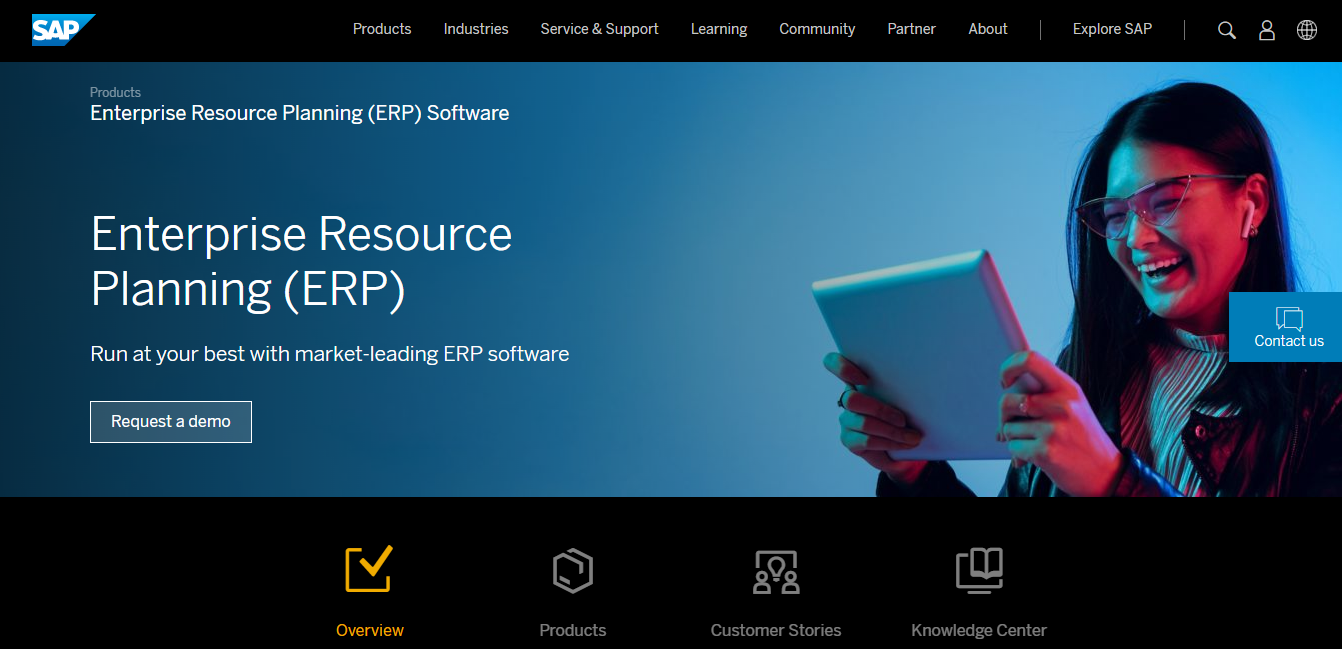
SAP Business One is one of the most widely used enterprise resource planning (ERP) systems because of its scalability and functionality.
It is a multi-user system, which means that multiple users can access it at the same time.
The program runs in Windows, Linux, UNIX, AIX, Mac OS X, and Solaris.
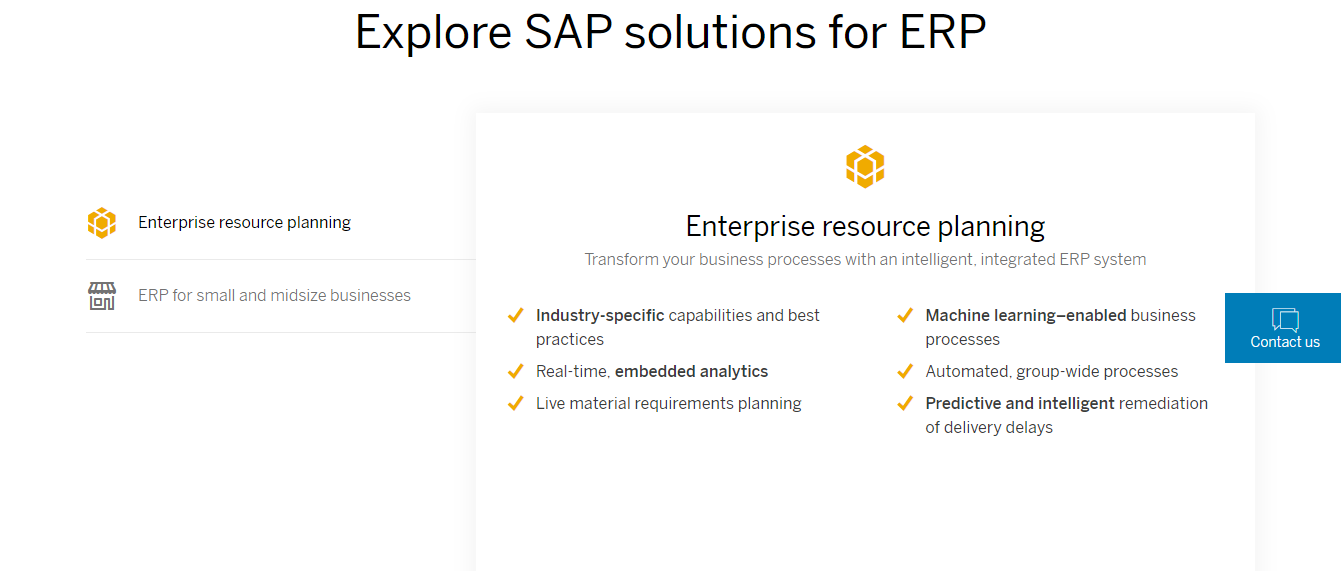
It has an easy-to-use interface, making it great for both novice and expert users.
SAP Business One has its own development tools, so you can customize the system exactly how you want. It includes both on-premise and cloud implementations.
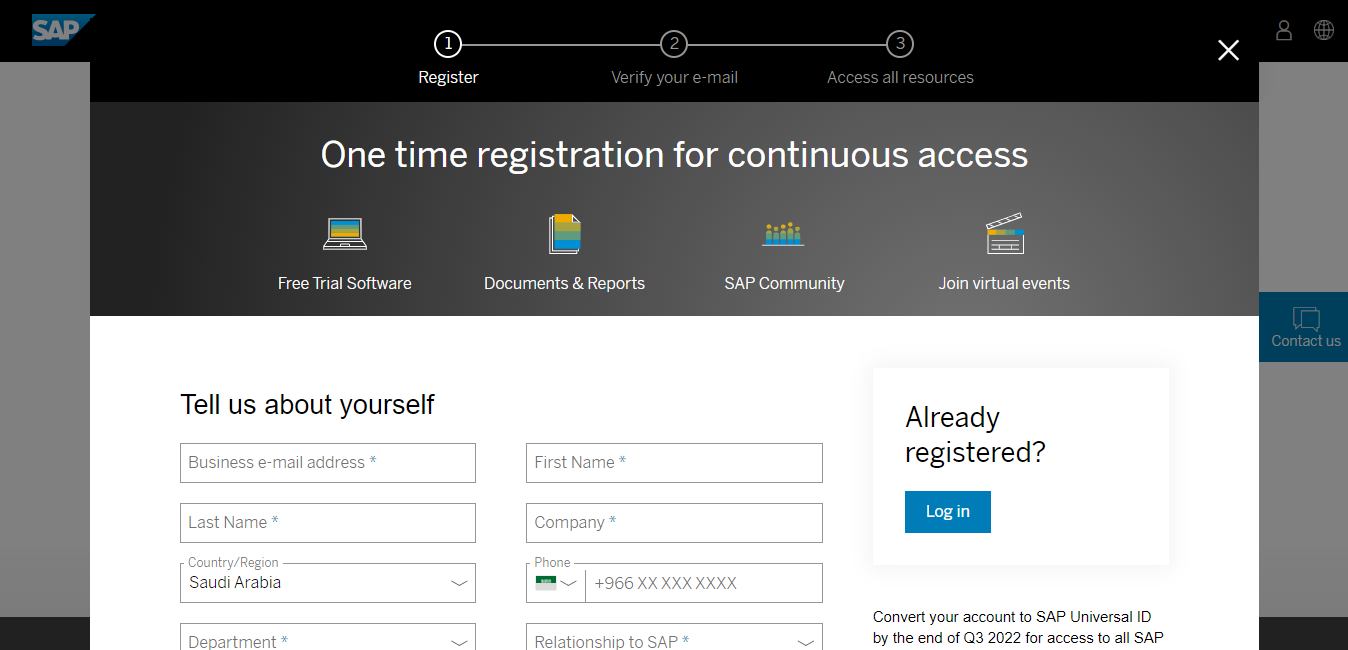
The company also offers various add-on modules that help companies make faster payments and allow companies to do their taxes automatically. It supports multiple languages, including German, French, Italian, Spanish, etc.
2. Oracle E-Business Suite (EBS)
Oracle EBS is also among the widely used ERP packages available on the market today. The system is designed for mid-market businesses who are looking to leverage ERP to streamline and automate various back-office processes.
EBS comes with a suite of modules and reports that provide visibility into a variety of key performance indicators.
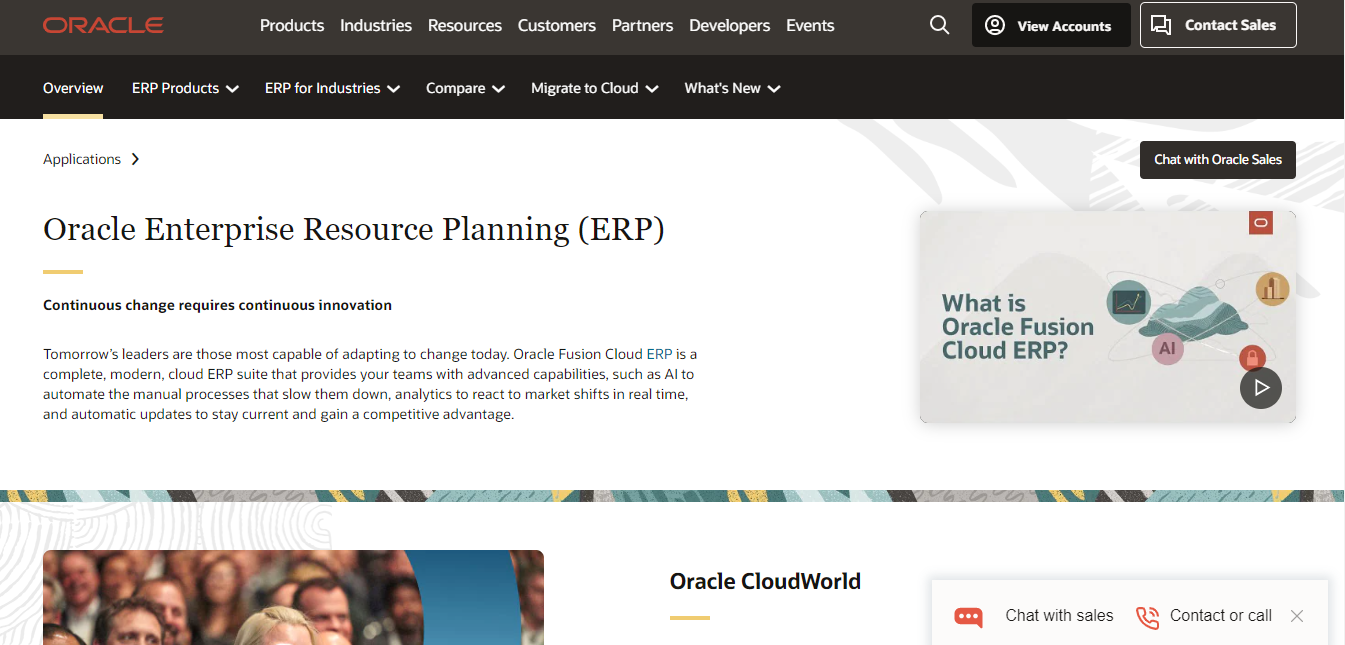
It’s a powerful tool designed to help small businesses and large organizations manage all facets of their business, including people, finance, manufacturing, and distribution.
3. Microsoft Dynamics CRM
Microsoft Dynamics CRM is an integration of several different products that have been built up around each other.
The first product to be developed was Microsoft Dynamics AX, which integrates all of the major components within Dynamics CRM and connects them in such a way as to make it easier to work with data across the entire ecosystem.
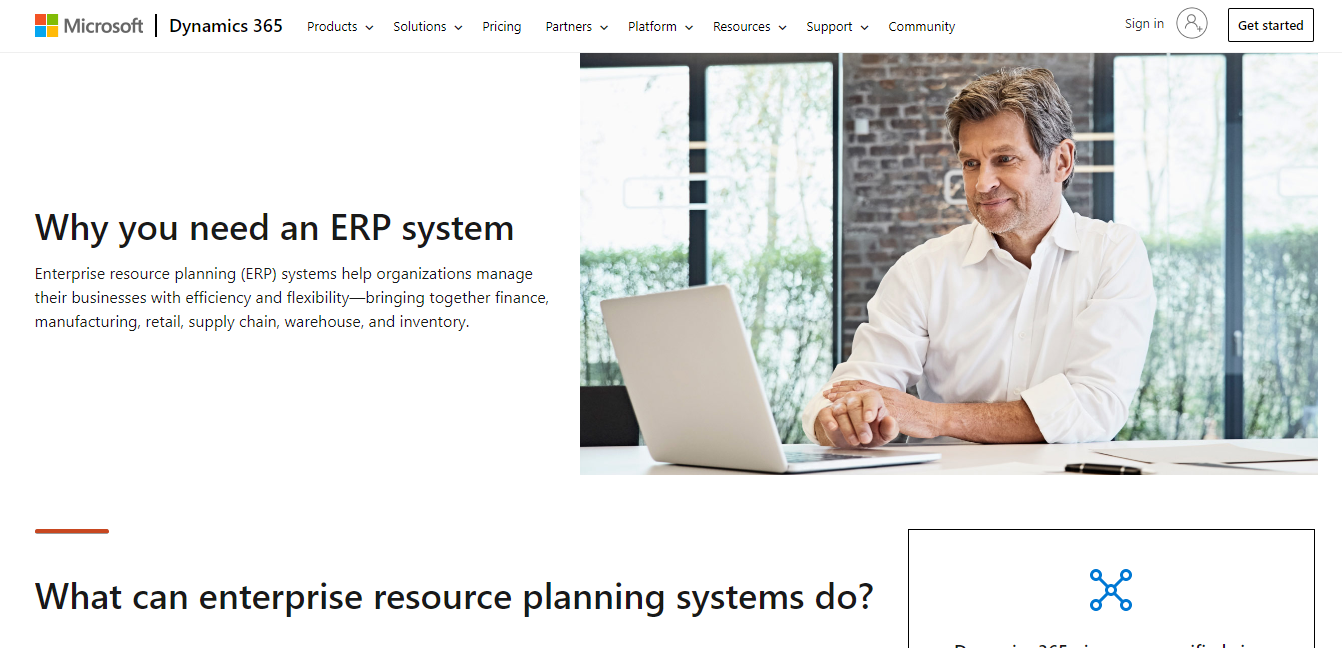
Microsoft Dynamics AX is an enterprise resource planning (ERP) software application made by Microsoft Corp. that provides companies with software solutions designed to help them improve their supply chains, order fulfillment, customer relationships, and business processes.
Benefits of Using ERP
Data Consolidation
One of the most powerful features of an ERP system is data consolidation. Businesses use ERP software to create and manage multiple sets of data about a company’s products, customers, employees, and finances. These databases often contain hundreds of individual spreadsheets and other documents.
Companies can take advantage of data consolidation by centralizing this information into one easily accessible location. Once consolidated, businesses can quickly access all of their data from a single place.
Ensure Data Accuracy
The most successful ERP systems are designed to manage critical business data accurately. They can make real-time adjustments and store updated information as it is received.
Companies will no longer have to spend hours entering data manually into a spreadsheet every time information is updated. Instead, data will be updated automatically in the ERP software.
Data Validation
Data Integrity checks of every aspect of your business processes are vital to maintaining a level of consistency across your organization. When you have a single view of your business, you gain the ability to see what is happening on every end of your business.
For example, if your accounting software is not showing the correct balance of your bank accounts or inventory levels, you can quickly identify the issue.
Increased Security
ERP systems provide businesses with added security, as they are centralized. All data is stored in one location, so it is easier to back up and protect than if the data were spread across multiple systems.
If the main system were to be damaged or compromised, all other systems would not be affected. It also means there are fewer risks of data loss because if any part of the database gets corrupted or hacked, you can simply restore it from backups.
Hence, businesses will be able to keep all their data protected in one location, making it more secure.
How to Get Started with ERP for Beginners?
1. Select an ERP Solution That’s Right for You
Before you choose a software package, it’s important to know how your business will use the solution. Will you operate as a B2C or B2B business?
Do you want to sell directly to your customers or sell through distribution channels? Will your business require full-blown enterprise applications or just a basic accounting solution?
Is your primary focus on marketing or product development? Once you’ve determined which types of functionality are important to your company, make sure to choose an ERP solution that meets your needs.
Choose a software program that is affordable, efficient, and simple to use. Once you’ve narrowed down your list to two or three solutions, talk to a software provider to learn more about the differences between each option.
2. Get the Necessary Training on How to Use the System
Before you start learning to use ERP software, you’ll want to ensure you have a solid understanding of basic software usage. ERP systems are designed to run complex business operations, so you’ll need to learn how to navigate them before attempting any large-scale implementation.
ERP training courses will teach you the skills you need to operate these programs efficiently.
Many ERP programs are difficult to use without training. It can be difficult for a new user to operate the software without proper training. This means that the system will not be used to its fullest potential and won’t provide you with the benefits that it is supposed to offer. For this reason, it is important to take some training on how to use your ERP system properly.
3. Work with a Consultant to Implement the System
You may find that third-party consultants have the expertise to develop an ERP system that will fit your company’s needs. ERP solutions are often complex, so it’s a good idea to work with a consultant to ensure you get the most out of the system.
In fact, according to a 2017 study by The Software Advice website, one in five companies that implement ERP solutions fail to do so successfully.
Some of those failures can be traced back to poor planning, lack of training, and management of the implementation process. In addition, companies that choose not to use ERP systems tend to experience more problems than businesses that implement ERP systems correctly.
4. Go Live with the System
When you start using an ERP system, it can take some time for the software to adapt to your business’s way of doing things.
Your ERP system will eventually have a number of customizations made to fit your company’s needs better.
5. Monitor and Optimize the System over Time
As business requirements change over time, it’s important to monitor and modify the design of your ERP system accordingly.
As the project scope expands, you’ll want to ensure you’re meeting new customer needs and that the system is optimized to help your organization meet its goals. To do this, you’ll need to regularly update and analyze the system’s performance and effectiveness.
Implementing an ERP system can be a big undertaking, so it’s important to do your research and choose a solution that’s right for your business.
ERP systems are complex, and there’s a lot to learn about them. However, we hope that this blog post has given you a better understanding of what ERP is and how it can benefit your business.
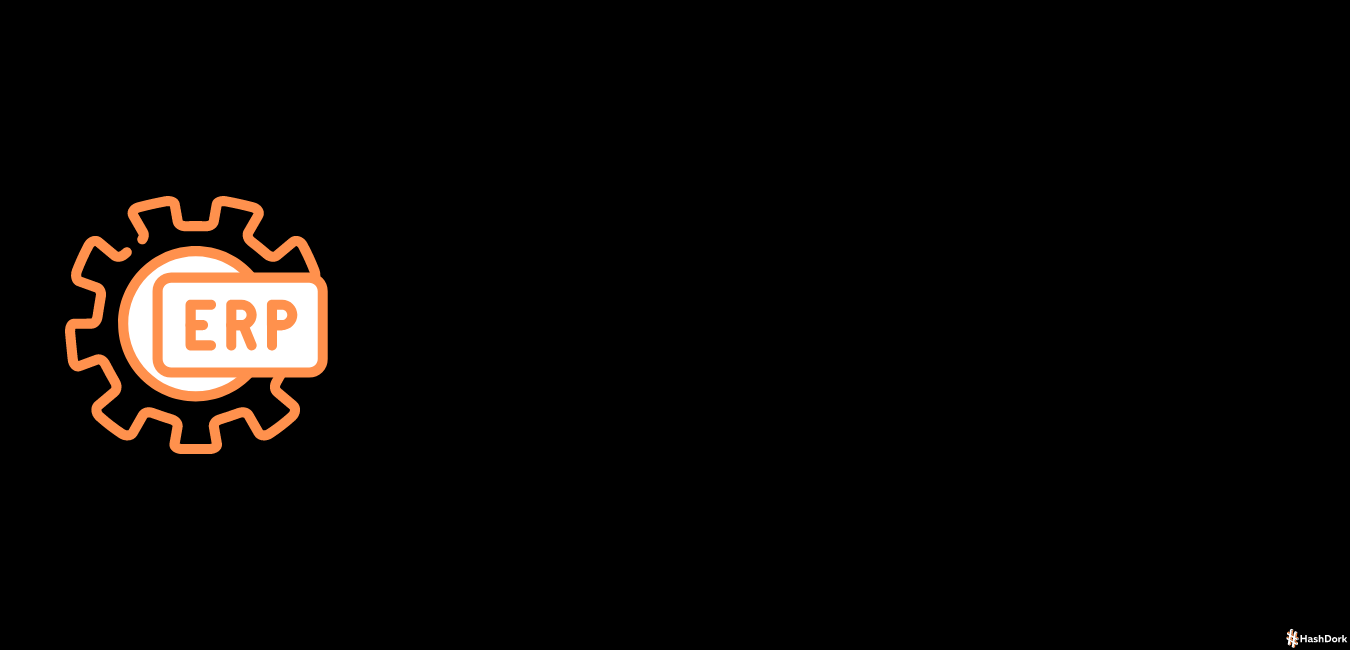




Leave a Reply